Tips for Enjoying Scotland | The Midge
This blog post is intended to help you make the most of a trip to Scotland, by introducing you to everyone’s friend… the midge.
Midges are tiny bitey insects that have ruined many an otherwise perfect camping holiday in Scotland.
The truth is that you just have to be prepared for them.
However, legends and advice abound.
Read this blog for a fun look at some silly midge tips for a trip to Scotland.
Feel free to add your own to the comments at the end.
“To make the most of a trip to Scotland you need to know how to avoid becoming midge food.”
Ruth, 2021
What to Do About Midges?
On the 8th of May, Peter Pap posted a question on the Wild Camping Scotland Facebook page.
“Scotland definitely won our hearts. My kids, and now my wife, all want to go and do some wild camping there again. But…. what about those $#***etc midges???”
It was a popular post as it’s a beloved subject to Scots folk.
187 comments offered Peter midge-related advice.
He recently posted again in the same group, this time with a summary of the help he’d received.
It made me laugh – and reach for my pens.
Just for fun, I’ve illustrated it to share with you here.
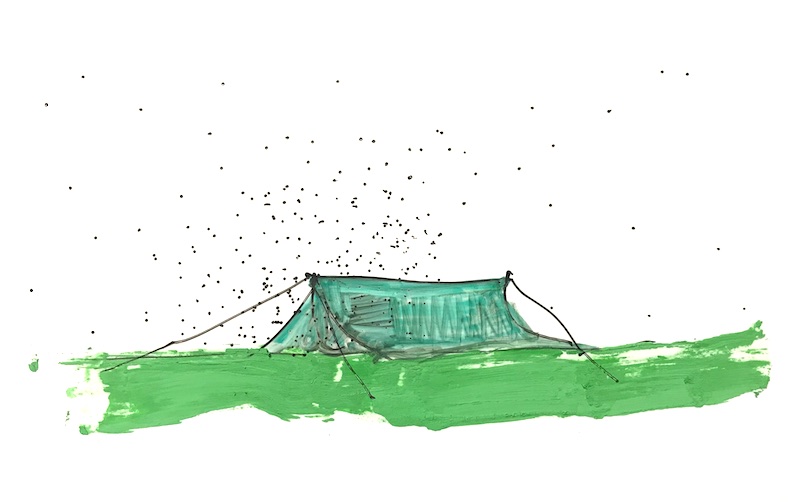
First, What ARE Midges?
Midges (‘midgies’) are small biting insects found in the UK.
As they don’t like things too hot or dry, they are found in Scotland en masse.
Many an innocent has selected an otherwise perfect spot to pass the night and at dusk, been driven to distraction by the wee biters.
It might sound a bit like a scene from The Lost Boys, but it’s more, really really inconvenient than dangerous.
There are no long-term ill effects of midge bites.
Unless you count the breakdown of relationships as you feel you are getting eaten alive (or really irritatingly, more than the person beside you).
Or be like my dad, and break 5 years of non-smoking in an attempt to keep them away from your face (and he’s 50% beard!)).
To make the most of a trip to Scotland you need to know how to avoid becoming midge food.
When is Midge Season?
‘Midgie Season’ in Scotland starts when overnight frost stops.
There’s normally a day or two grace period when you can safely take your jumper off and show skin or sit out in your garden of an evening.
They don’t hunt in the hot sun, full-on rain, out at sea or at night-time. You most need to worry when the sun dips and the breeze stirs (sending your tasty scent for miles).
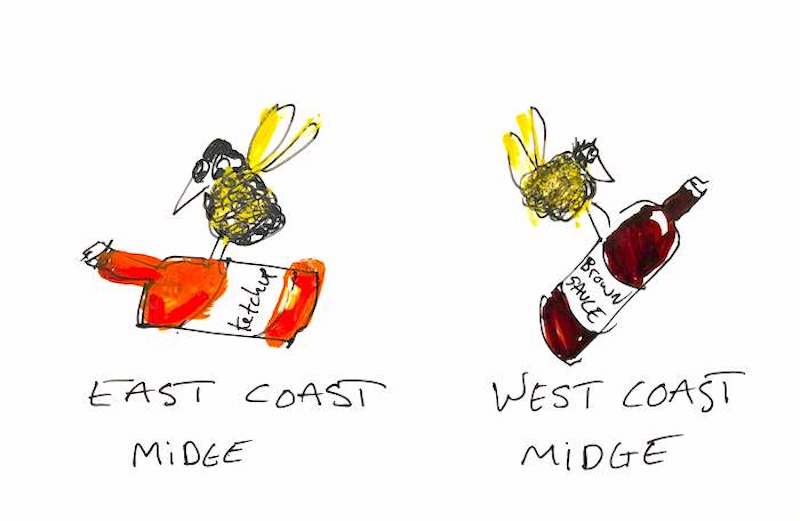
What do midges look like?
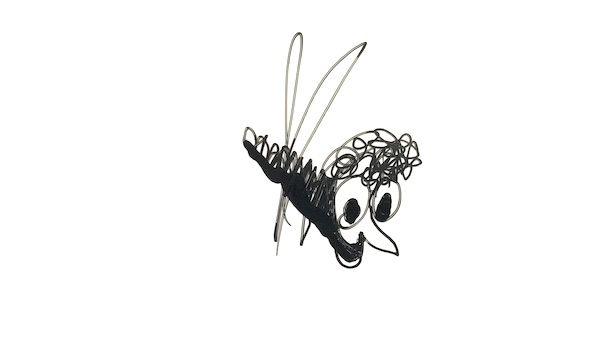
Individually, I don’t know. They are tiny, much smaller than mosquitos (I imagine a dot with a smile).
As a swarm, however, they look like a cloud of dots.
Or they look like someone dancing around swiping at their own face, uttering strange guttural cries.
Oddly, some folks itch when they are bitten (me) and others aren’t so discomforted at the time but itch for days after (my daughter).
English language learners, the singular of ‘midges’ is ‘midge,’ but don’t worry about this as you won’t need to know that. (There is never only one).
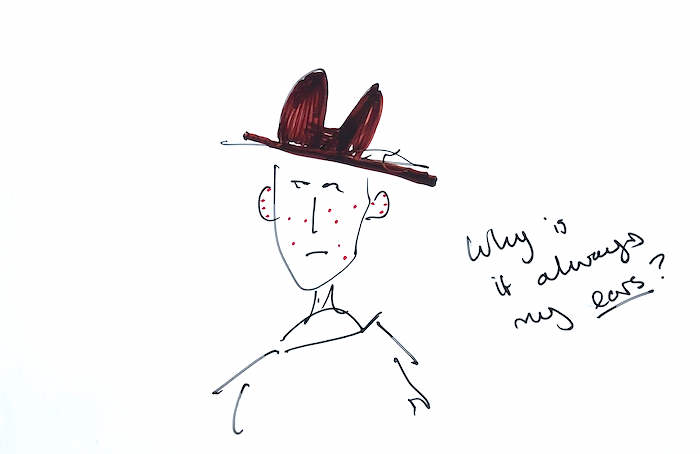
How to Enjoy a Trip to Scotland, Without Being Attacked by Midges?
Good question – and this was Peter’s reason to post.
Many products and natural remedies are said to ward off bites, but with mixed results. Some specifically target midges (Smidge for example) while others are a chance sides effect from the beauty industry (Avon’s Skin So Soft products are said to help and are often available in camping equipment suppliers).
There are also many midge-rumours, such as they don’t bite vegetarians.
The one about torture is true though.
It genuinely was a medieval form of torture to strip an enemy and leave them tied up to be bitten.
Shudder.
In truth, the only way to avoid them completely is to not leave the house unless it’s bright sunshine or pouring, which is a terrible waste of a trip to Scotland.
However, its widely acknowledged that if we had better weather and fewer midges, Scotland would be an incredibly more built up and less wild place to visit.
Take all this midge talk with a pinch of salt. Prepare yourself with good products and do not let them put you off a trip to Scotland!
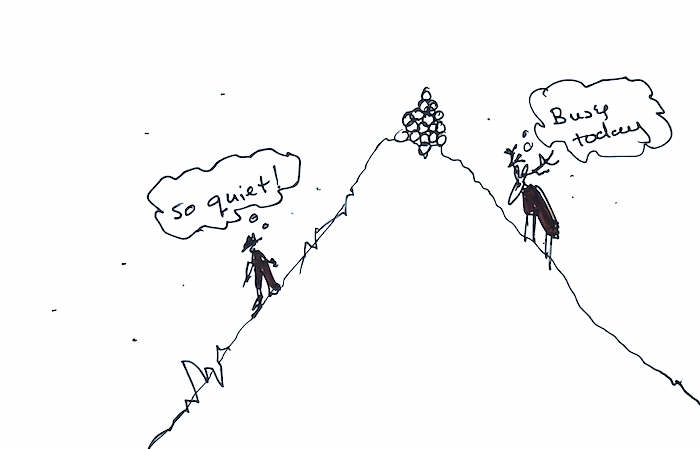
Midge Tips, written by Peter Pap with the help of the Wild Camping Scotland Facebook page.
Tip 1.
Use a lot of Smidge.
It won’t help but makes you be proud that you’ve done everything you possibly could. Though, some people claim it actually works.
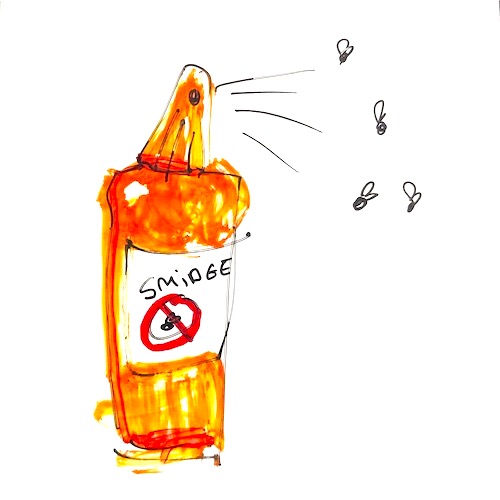
Tip 2.
Put on a loose fit bug-net overall (including hat of course).
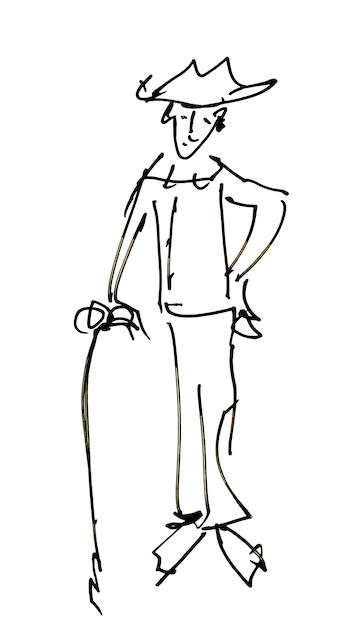
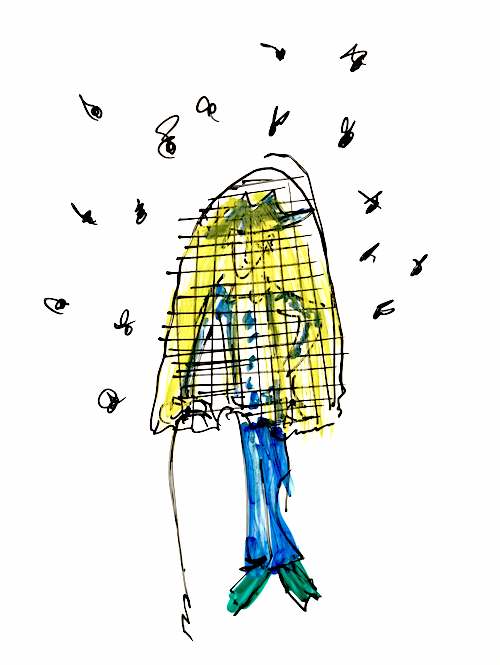
Alternatively full, high spec hazmat suit.
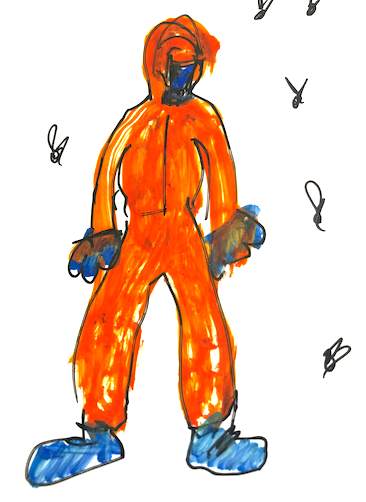
Tip 3.
Make a very smoky campfire and sit in it all night…
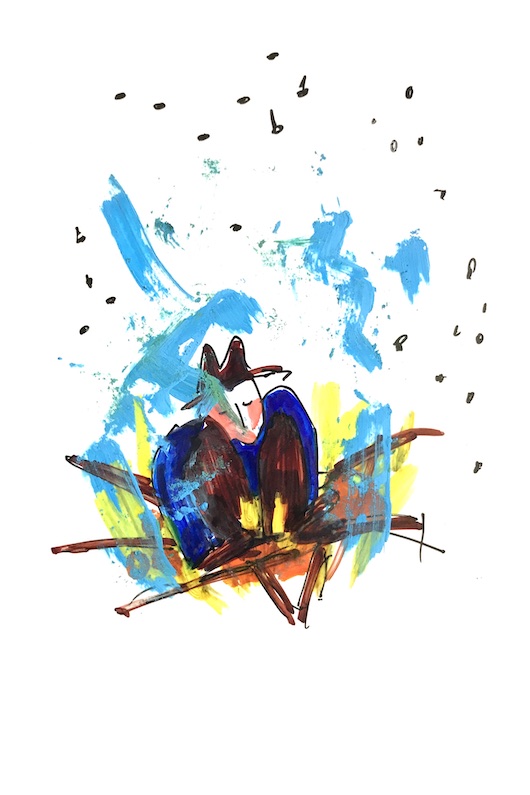
…If fire is not possible, you can do the hide underwater hack (with mozzy net covered breathing pipe).
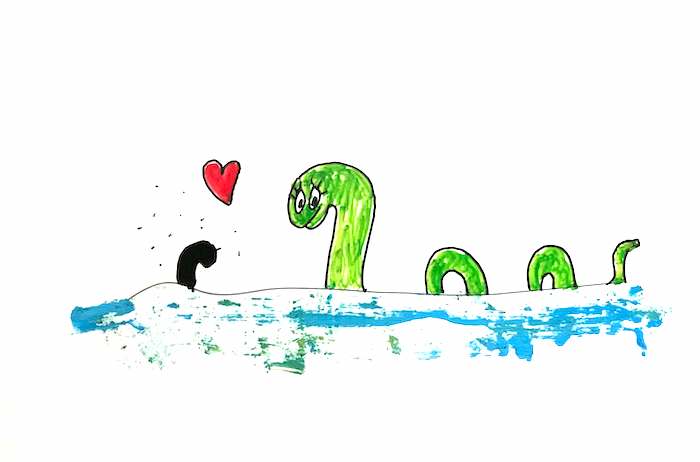
Tip 4.
Keep away from the west coast. And inland. And Scotland generally.
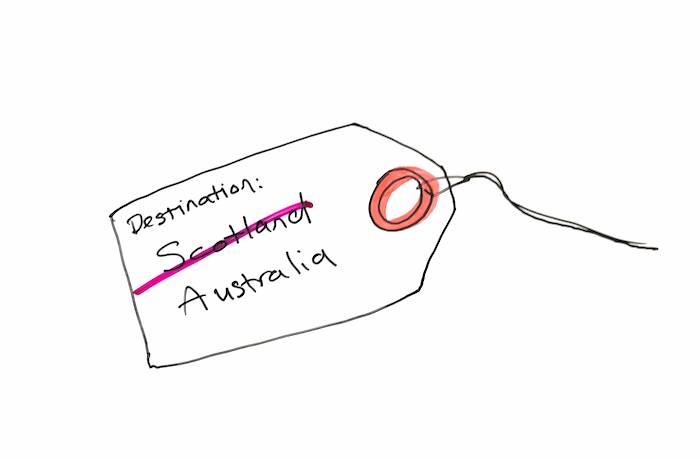
Tip 5.
Eat a big amount of Marmite at least weeks leading up to your night out…
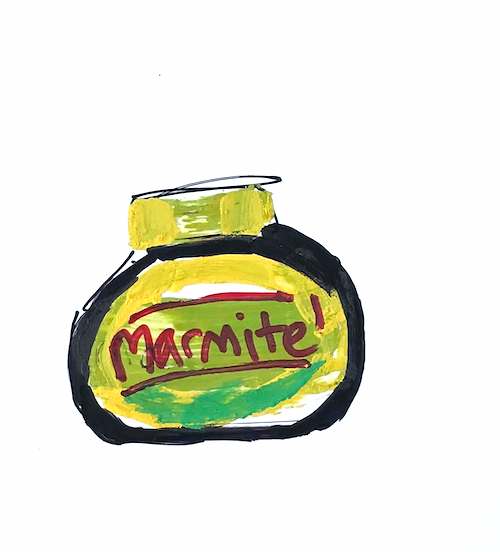
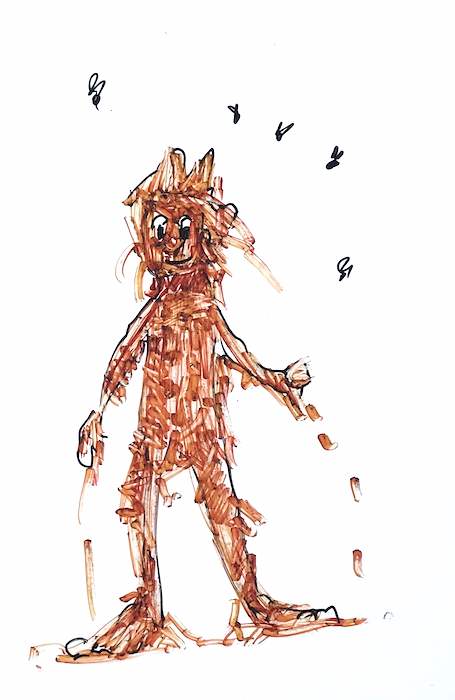
Tip 6.
Take someone you don’t like with you, get them drunk, then tie them to any big object as a sacrifice bait for the midges.
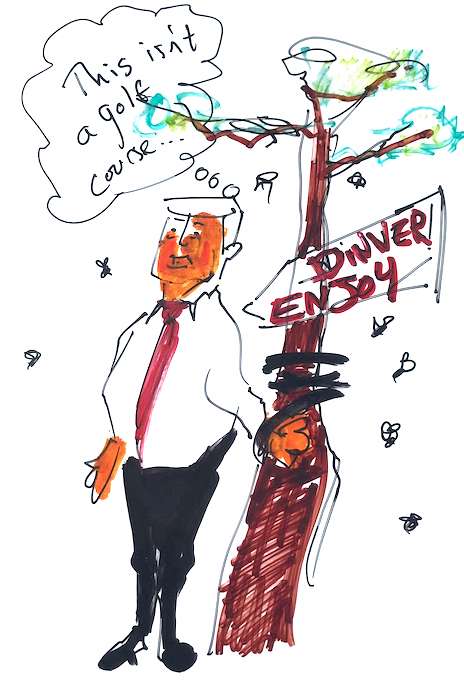
Tip 7.
Remember midges are feeling, living creatures, we should be nice to them.
We invaded their birthright land.
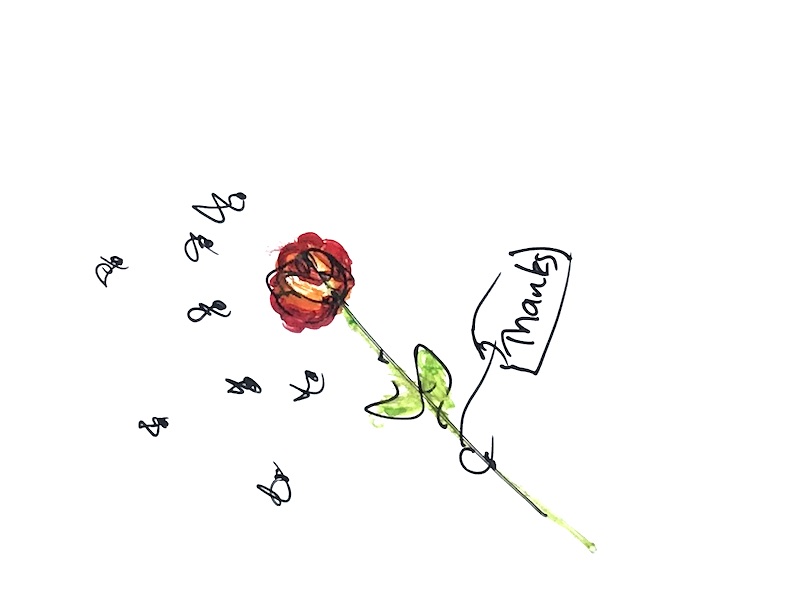
And that’s our midge tips for a trip to Scotland. Helping you make the most of your holiday!
Big thank you to Peter for giving his permission to use his text.
Thank you also Wild Camping Scotland Facebook Group – a great read with great advice.
Remember don’t let a few midges put you off a holiday in Scotland! It’s like the rain, they are inevitable. If the weather was perfect, and we had no midges – imagine how overpopulated Scotland would be.
Midges mean you get whole landscapes to yourself!
Additional Resource for English Language Learners:
To help you practice aural English skills, Young Blue and I have recorded a chat on this very subject.
You can listen to compare pronunciation to the text – and find out all about my brush with death at the Giant Midgie Stone.
And just why Scottish people like chips so much!
Your Blue Noun English Language Challenge is:
Use the comment section below to tell us about: an insect encounter
Write as much as you like, and if you would like us to check & correct your English, write CP (correct please) at the end.
Live language learning!


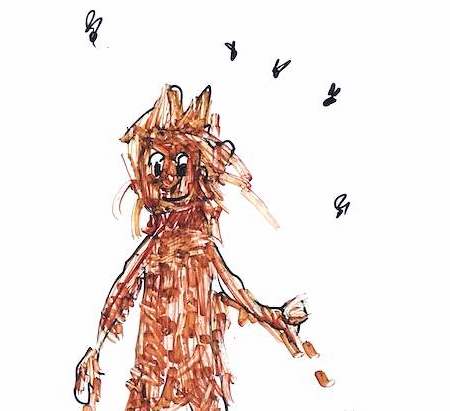
This midge business sounds familiar, coming from the land of mosquitoes, black flies, sand flies and dear flies. That would be Canada. For those who venture into the bush, black flies are the worst. Midges must be great bird, frog and fish food. Think of it as an eco tourism event. You are supporting a great eco system – feeding the midges who feed others. Oh fun. In solidarity.
Thanks for your comment Shelly! Oh yes, we have horse flies – clegs too. I’m scratching at the thought of it! (I think that would be your deer fly?). I got bitten by chiggers in the US. I think that was the itchiest I’ve been.